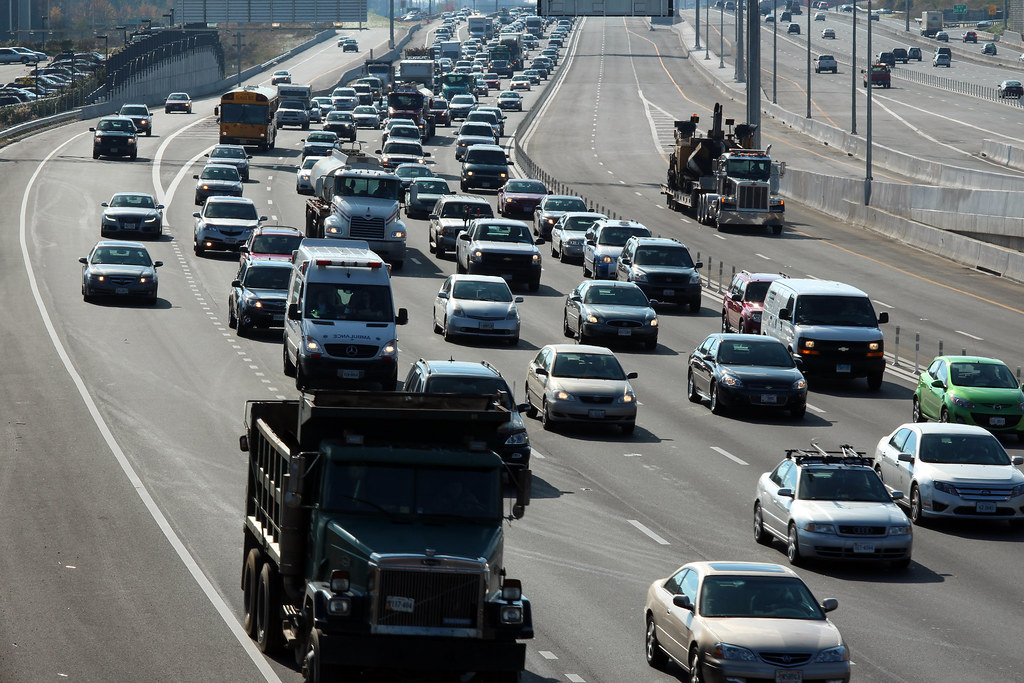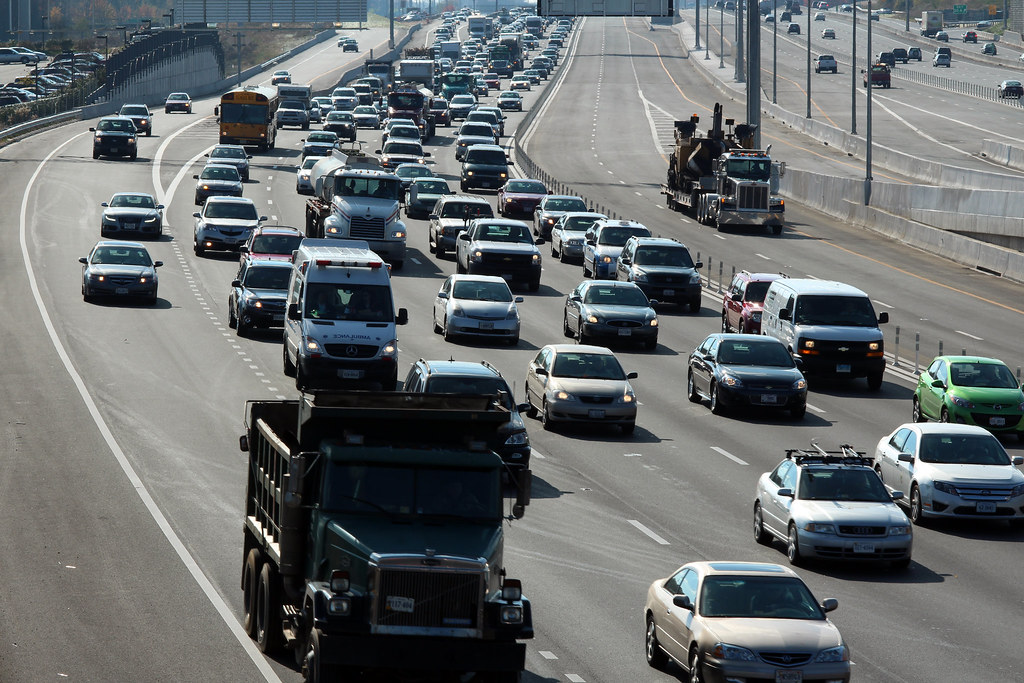Virginia Takes a Big Step Against Criminalizing Poverty
Ending the suspension of driver’s licenses over court debt will spare hundreds of thousands each year. Advocates call for more action against fines and fees, especially during COVID-19.
Daniel Nichanian | April 17, 2020


This article originally appeared on The Appeal, which hosted The Political Report project.
Ending the suspension of driver’s licenses over court debt will spare hundreds of thousands each year, and Virginia is just the eighth state to do so. Advocates call for more action against fines and fees, especially during COVID-19.
Virginia will no longer suspend driver’s licenses because people owe court debt, thanks to legislation that was signed into law last week.
The state has been suspending hundreds of thousands of licenses each year, disproportionately those of African Americans and lower-income Virginians. “Payment systems are not sustainable because people are robbing from rent and from putting food on the table in order to make a payment,” Angela Ciolfi, executive director of the Legal Aid Justice Center, an advocacy organization that has sued Virginia for years over license suspensions, told the Political Report.
Overall, 1 million Virginians had suspended licenses in 2017 on grounds that included debt obligations, according to a report by the Legal Aid Center. That’s about one out of seven adult Virginians, a staggering share that matches separate findings in North Carolina.
In 2019, Virginia adopted a one-year moratorium against this practice. The law it adopted last week makes that pause permanent, and severs one of the pillars by which local and state governments enforce the unequal fines and fees system that their revenues often depend on.
“The big issue is the dependence of states on the use of fines and fees to fund the court system,” Ciolfi said. “People who can afford to pay their court debt do and simply walk away, whereas people who can’t afford to pay are subjected to a repeated series of attempts to coerce collection, penalties for failure to pay, and even jail time and other draconian responses. All we did was repeal one of the most pervasive and most ubiquitous ways of enforcing fines and fees.”
The Legal Aid Center also found that about half of Virginians whose licenses were suspended were African Americans, these disparities mirror disproportionate policing and arrests in the state’s Black communities. This, too, is in line with national trends; a study released earlier in 2020 by New York Law School’s Racial Justice Project showed that driver’s license suspensions, specifically over unpaid traffic debt, disproportionately harms New Yorkers of color.
Suspensions compound underlying inequalities. In taking away many people’s main mode of transportation, they cut off access to work and make it harder to pay off debt in the first place.
Those who continue using their cars to get to their jobs can get prosecuted for driving on a suspended license; activists have pressured prosecutors to stop charging people for driving on a suspended license and to clear past suspensions.
“If someone is unemployed, or underemployed, unsheltered, or has a family, regularly paying fines and fees, much less paying them off, is extremely difficult,” Alexes Harris, a sociologist at the University of Washington who studies monetary sanctions, told the Political Report. “Adding the burden of suspending or revoking their driver’s licenses creates more disadvantages that have a cascading effect.”
These problems are especially acute in areas that are not served well by public transit, as is common in Virginia. “Many, many, many jobs in America are inaccessible to people who don’t drive,” Angie Schmitt, a transportation writer, told the Political Report last year. Suspensions “can trap otherwise willing workers in a cycle of dependency and repeated incarceration.” COVID-19 has stretched public transit systems even thinner.
Going forward, Virginia will continue suspending licenses on some circumstances unrelated to driving. Still, last week Northam also signed a separate law that ends suspensions over other grounds than unpaid debt, including over drug-related conviction.
Northam also approved other criminal justice reforms last week. One new law raises the threshold at which Virginia will treat theft as a felony to $1,000, from $500; that change is in line if not still considerably lower than reforms many states have adopted in recent years.
Another law requires that state prosecutors get a judge’s approval before treating kids younger than 16 as adults. But prosecutors will retain sole discretion over whether to prosecute 16- and 17-year olds in adult court; other states have stripped them of that authority.
Those reforms have Virginia catching up to what’s already law in many places. By contrast, the ones that deal with driver’s licenses have it playing more of a standard-setting role.
Virginia is only the eighth state to prohibit driver’s license suspensions over unpaid fines and fees, according to the Fines and Fees Justice Center’s comprehensive national tracker. It follows California, Idaho, Kentucky, Montana, Mississippi, West Virginia, and Wyoming. Montana, a state with a GOP legislature and Democratic governor, made this move last year.
Virginia’s version passed with wide bipartisan support, and with a leading sponsor from each major party (Republican Senator William Stanley and Democratic Delegate Alfonso Lopez). Still, similar proposals had stalled in Virginia’s legislature for years; Democrats gained control for the first time in decades this fall.
Other legislatures, including Florida, New York and Oregon, considered similar bills this year.
Virginia has a lot of work left as well against the criminalization of poverty since its public authorities will continue imposing fines and fees, and going after those who cannot afford them.
“We know that the court system has myriad ways of collecting these court debts without taking away people’s driving licenses,” Ciolfi said. “For instance we have seen some jurisdictions increase their use of the show cause and probation violations in order to enforce the payment of court debt, which can subject people to additional fines and fees, additional convictions, and additional jail time for being unable to pay.”
The economic crisis brought on by the novel coronavirus is only making it harder for people to meet the financial obligations that courts pile on, and criminal justice advocates want states to offer bold relief.
Harris called on public authorities to “immediately stop sentencing fines and fees and collecting fines and fees, no interest or added collection fees or late penalties should be added to what they already owe.” Maine has vacated warrants that relate to unpaid court debt, while Chicago temporarily stopped sending driving-related tickets to collection firms.
“People should be allowed to use whatever income they have to feed their families and provide shelter,” Harris said.


